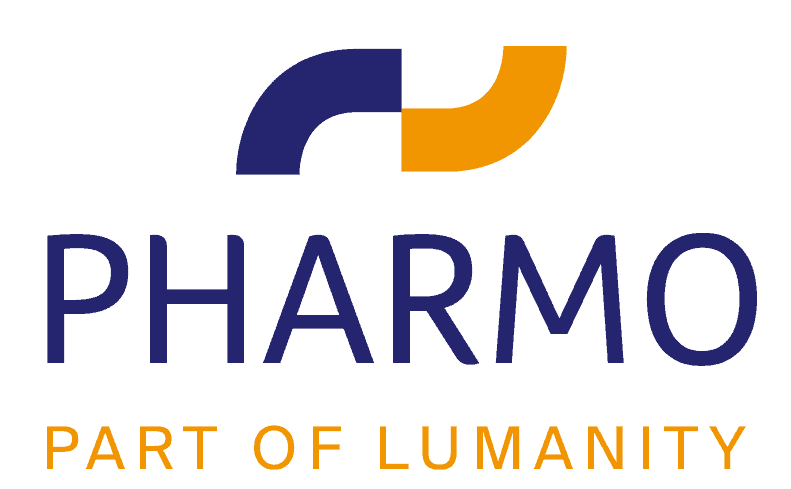Outcomes in patients with lung cancer treated with crizotinib and erlotinib in routine clinical practice: A post-authorization safety cohort study conducted in Europe and in the United States
Purpose: We examined safety outcomes of interest (SOI) and overall survival (OS) among lung cancer patients initiating crizotinib and erlotinib in routine clinical practice.
